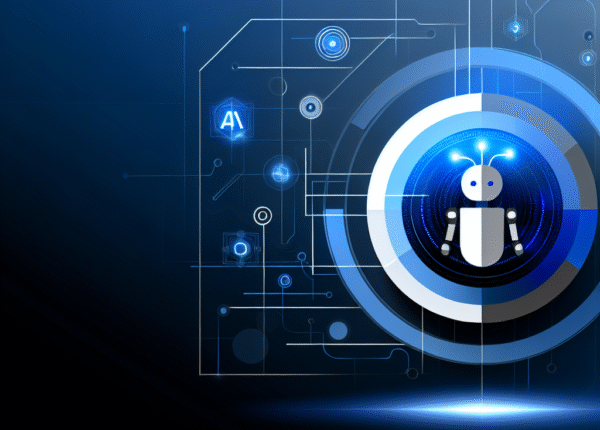AI News Roundup: Data Migrations, Education and the Quantum Leap
AI is increasingly shaping how businesses move data, teach students, test software, and even probe the frontiers of computing. In this edition, we weave together stories about data migrations, enterprise AI testing, AI in schools, quantum-ready AI, and the job-security debate.
First, a new survey highlights that only a fraction of companies complete complex data migrations on time. Experts say smarter AI use could be the missing piece to speed up migrations while reducing risk.
Meanwhile, Nvidia’s upcoming second-quarter earnings are widely watched as a bellwether for the AI boom. Investors have grown wary after last week’s AI-stock selloff, with questions about whether current valuations reflect real revenue growth.
In enterprise AI, traditional information systems are becoming the indispensable foundation for next generation AI. Document management is evolving as AI assets rely on well-structured data and governance to unlock their potential.
Salesforce is pushing an ambitious testing approach with CRMArena-Pro, a flight-simulator-like platform to stress-test AI agents in a simulated enterprise environment. The goal: cut the 95 percent failure rate of AI pilots and deliver reliable performance in production.
On the education front, a Guardian report invites US parents and teachers to share experiences of AI in schools. A government-backed contest and an emphasis on responsible use are prompting conversations about benefits and concerns in K-12 education.
Quantum computing is meeting AI in a new partnership as IBM and AMD collaborate on quantum-centric AI supercomputing. The aim is to merge quantum computers with AI accelerators to tackle problems once considered intractable.
Opinion and employment worries also color the AI narrative. Imogen West-Knights notes that while AI has potential, there is anxiety about planetary impact and job displacement, including a claim that some reputable publications faced articles being faked by AI.
In the UK, surveys show half of adults worry AI could take or alter their jobs, a signal that workers and unions want a more participatory approach to how new technologies are deployed.
As these threads converge, the throughline is clear: for AI to advance responsibly, it will demand better data governance, credible experimentation, thoughtful education integration, and a human-centered approach to work and risk.
Sources
Related posts
-
AI News Roundup: Jobs Stay Steady as IBM Debuts Agent Tools and AI Ethics Reach UK Travel
Today’s AI news agenda reads like a mosaic of how AI touches work, governance, and daily life. A...
7 October 202534LikesBy Amir Najafi -
AI News Roundup: Governance, Enterprise AI, and the Global Infrastructure Race
AI news today reads like a single, evolving story rather than a collection of headlines. It surveys how...
4 December 202514LikesBy Amir Najafi -
AI News Roundup: Safety, Smarter Cars, Housing AI, and Energy
Across the AI-news cycle this week, regulators, policymakers, and industry leaders are closely examining where artificial intelligence meets...
15 September 202560LikesBy Amir Najafi


